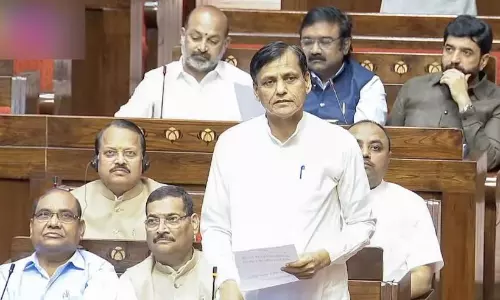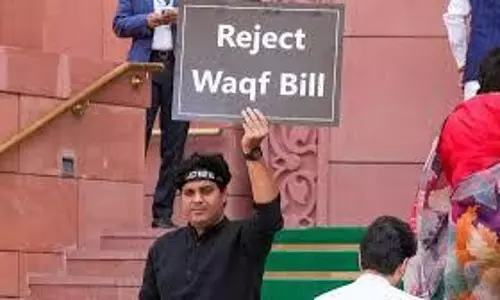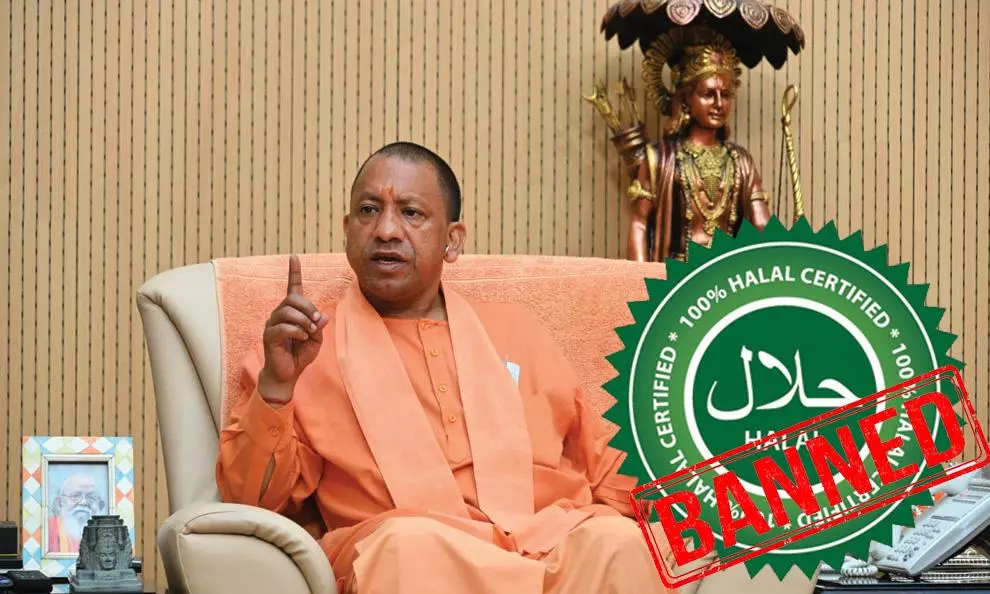
Ban on Halal certification: Yogi Govt argues even cement, iron bars certified Halal
text_fieldsThe UP government argued in the Supreme Court that Halal certification has extended beyond meat products to include items like cement, iron bars, and wheat flour, leading to price increases and benefiting certification agencies, a point objected to by the petitioners' lawyer, who rejected the certification's applicability to vegetarian foods.
Solicitor General Tushar Mehta, representing the Uttar Pradesh government, informed the Supreme Court on Monday that he was surprised to find non-meat products certified as halal, stating that these certifications attest to compliance with Islamic law.
Addressing petitions challenging the state's ban on halal-certified products, Mehta conveyed to a bench comprising Justices B R Gavai and A G Masih that while halal certification for meat is generally acceptable, extending it to items such as water bottles and construction materials is questionable.
Mehta argued that the certification process has expanded beyond its traditional scope, leading to the certification of products like cement, iron bars, and even wheat flour, raising concerns about the rationale behind such practices. He pointed out that this trend has resulted in significant financial gains for certification agencies and questioned the necessity and implications of such widespread certification.
In response, Senior Advocate M R Shamshad, representing the petitioners, contended that the concept of halal is comprehensively defined in the Centre’s policy and is not restricted to non-vegetarian food.
Mehta further argued that the requirement for halal certification on a broad range of products is driving up prices, raising a crucial issue for the court to consider: whether consumers who do not adhere to halal principles should be compelled to pay higher prices for certified products.






















